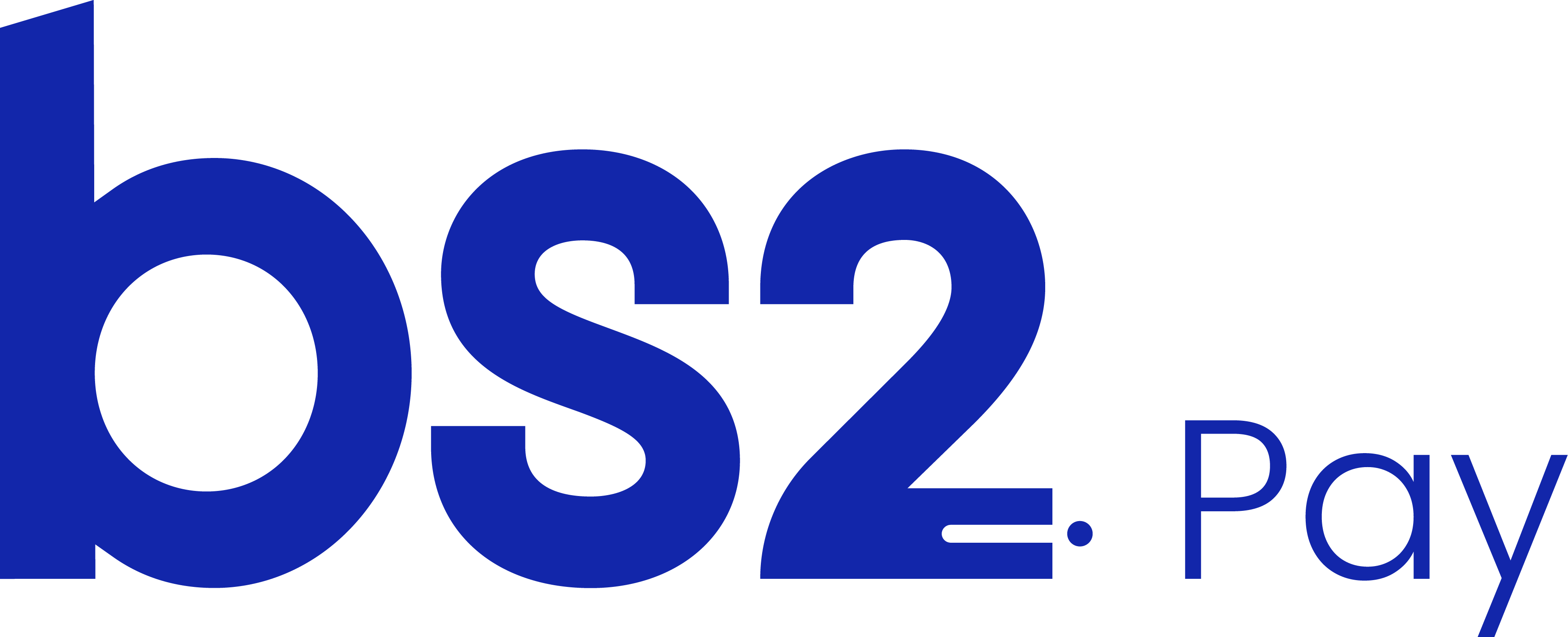Marketplace
What is Marketplace?
Marketplace is a virtual shopping mall that brings together several stores or service providers, meaning that in a single place customers can buy several products or services from stores that are partners of the marketplace and make a single payment. This is a widely used form of sales by stores or service providers who are starting out in business and want to serve a larger number of customers in a structured way without having to invest in a physical store or marketing, for example. On the other hand, it is widely used by marketplaces that want to diversify their product offering, make their brand more widely known, and offer a simplified process to more and more stores or service providers on their platform, without restricting their activities.
Why is working with Marketplace good?
- GOOD for consumers who can find everything in one place!
- GOOD for the Retailer/Provider who can sell on several marketplaces and expand their business.
- GOOD for the Marketplace, which earns revenue from the concentration and rate of sales, as well as increasing the average purchase ticket.
Payment split
When the customer completes their purchase and clicks on payment, behind this single payment is the Payment Split, in other words, the possibility of splitting a single payment between each store or service provider involved in the sale. This payment will be made via the BS2 Pay ecommerce gateway and, at the time of settlement, BS2 Pay splits the payment according to the rules registered by the Marketplace.
Here's an example:

The rules for splitting the payment may include:
- Settlement triggers: Marketplace needs to authorize payment to the store or service provider because it depends on some confirmation, such as inventory, delivery, etc.
- Flexible settlement period: Marketplace can define that payment to the store or service provider can take place in D+10 and to another store or service provider in D+15.
Payment unblocking
In order to unblock a payment made via the Marketplace, you need to send a Request using the POST method to the resource, as shown in the example. This operation is specific to the Marketplace.
Request
{
"sellerId": "901",
"amount": 690,
"date": "2019-11-13T13:48:18.4361271+00:00",
"item": {
"id": "P115DU90",
"amount": 690
}
}
| Property | Description | Type | Location | Mandatory |
|---|---|---|---|---|
PaymentId | Identifier of the payment to be consulted. | string | path | yes |
SellerId | Identifier of the business. | string | body | yes |
Amount | Total unblocking amount (in cents). | integer | body | yes |
Date | Date the payment was unblocked. | datetime | body | yes |
Item.Id | Identifier of the item. | string | body | yes |
Item.Amount | Amount of the item (in cents). | integer | body | yes |
Response
Success
Status code 200
Bad Request
Status code 400
[
{
"tag": "PaymentId",
"description": "Não pode ser nulo ou vazio."
}
]
Payment Unblocking Update
In order to update the unblocking date of a payment made via the Marketplace, you need to send a request using the PUT method to the resource as shown in the example.
Request
{
"sellerId": "901",
"amount": 690,
"date": "2019-11-13T13:48:18.5180698+00:00",
"previousDate": "2019-11-13T13:48:18.5180765+00:00",
"item": {
"id": "P115DU90",
"amount": 345
}
}
| Property | Description | Type | Location | Mandatory |
|---|---|---|---|---|
PaymentId | Identifier of the payment to be consulted. | string | path | yes |
SellerId | Identifier of the business. | string | body | yes |
Amount | Total unblocking amount (in cents). | integer | body | yes |
Date | Date the payment was unblocked. | datetime | body | yes |
PreviousDate | Date previously informed. | datetime | body | yes |
Item.Id | Identifier of the item. | string | body | yes |
Item.Amount | Amount of the item (in cents). | integer | body | yes |
Response
Success
Status code 200
Bad Request
Status code 400
[
{
"tag": "PaymentId",
"description": "Não pode ser nulo ou vazio."
}
]
